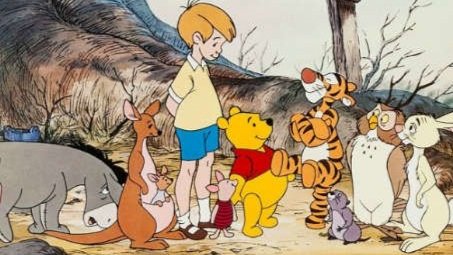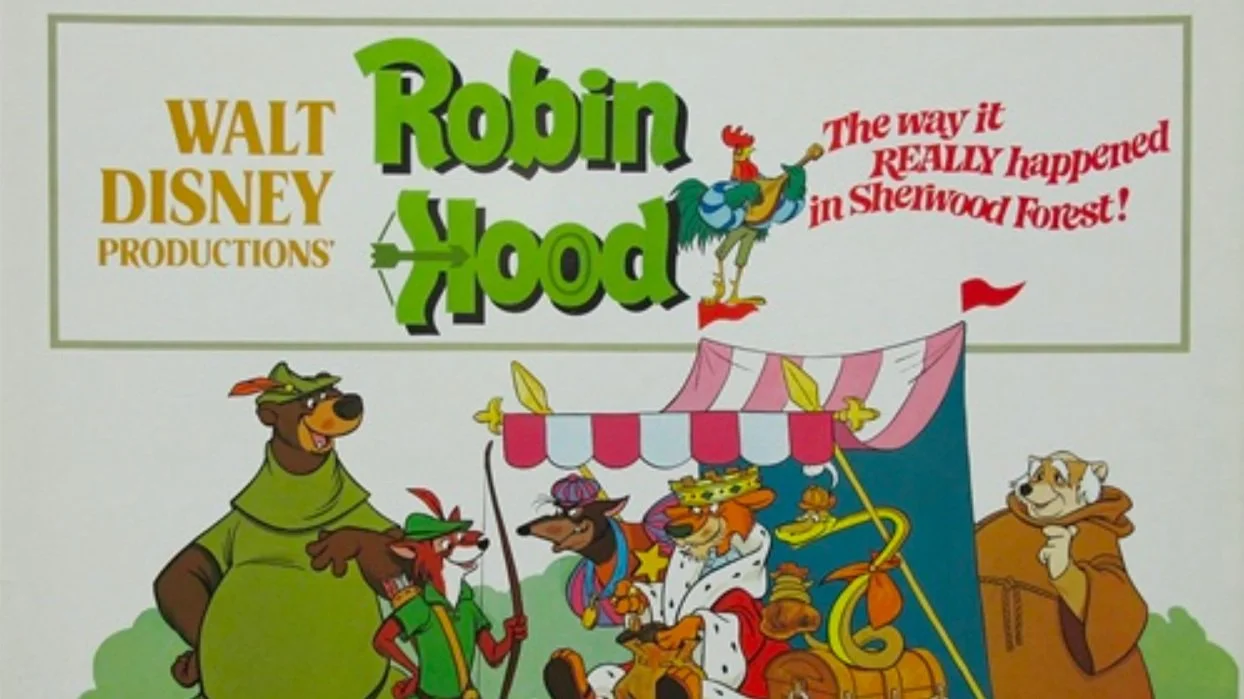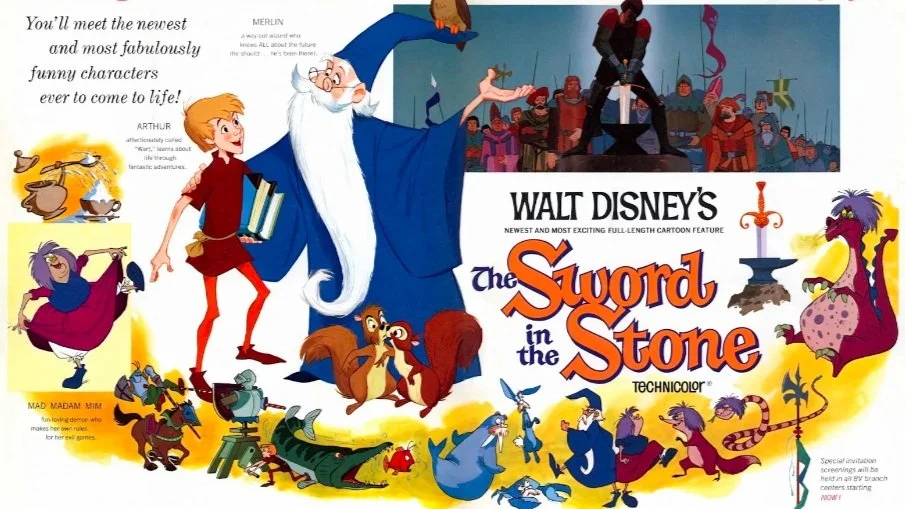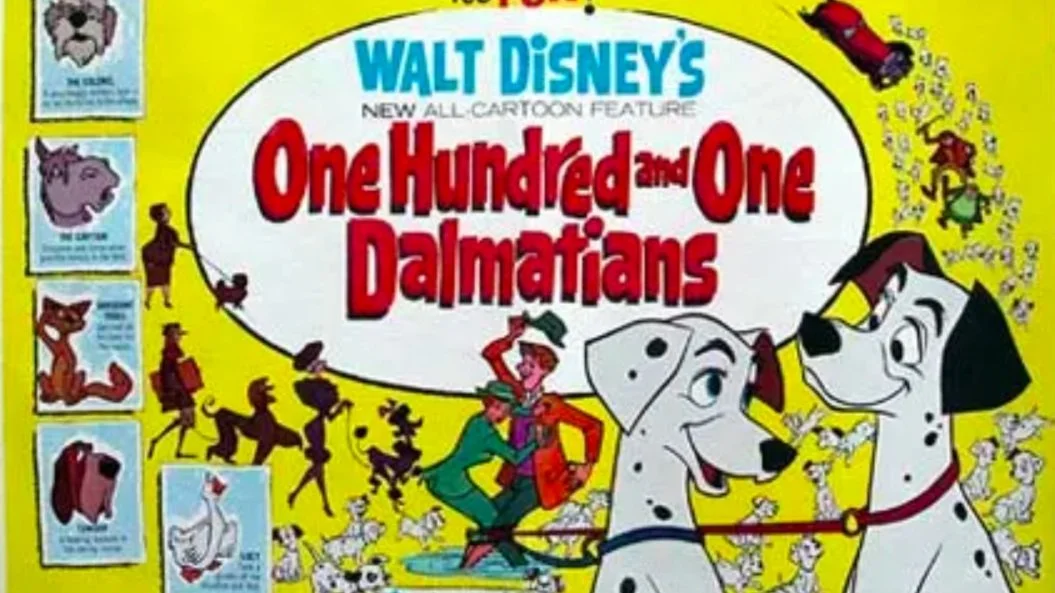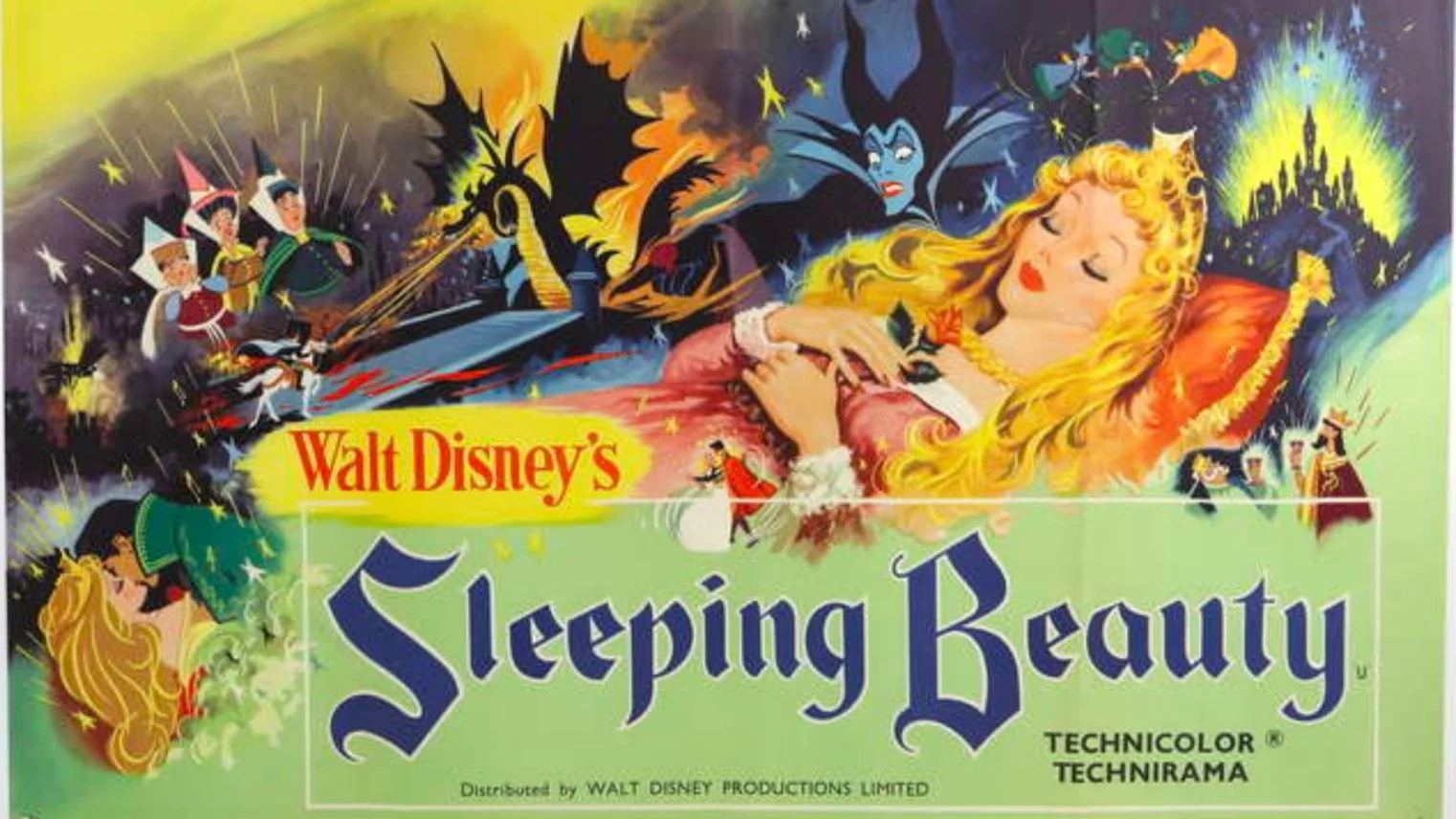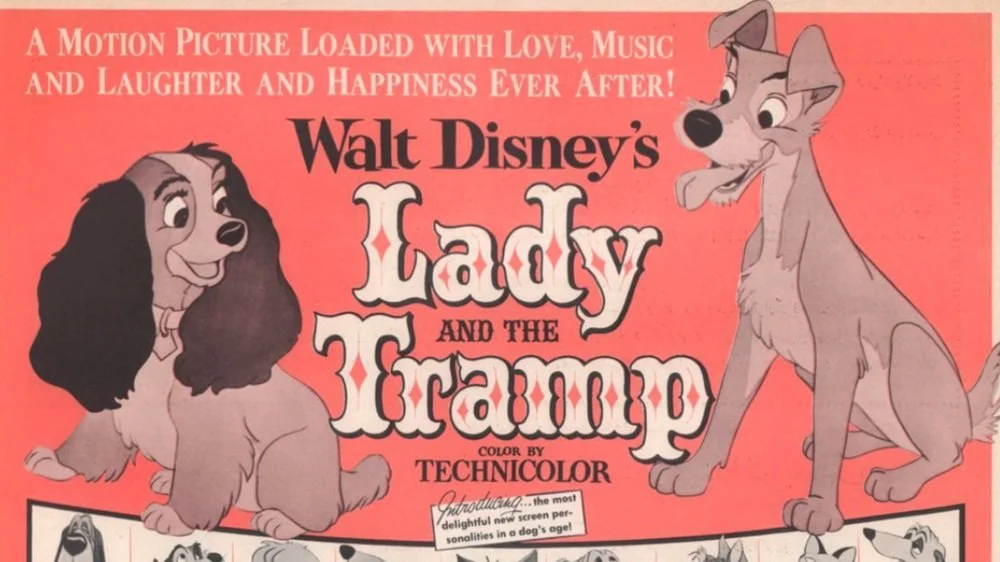I Was Wrong: Chinatown (1974)
When I first saw Chinatown, I was barely aware of the tropes and symbols associated with the film noir tradition. It was a film with Jack Nicholson and I had loved The Shining, so I thought, why not give it a shot? It should have been everything I loved, a murder mystery, a noir, a film set in the forties. Yet, somehow, the plodding pace and winding narrative turned me off. It was a puzzle box I was unwilling to solve. I made it through the film, but something felt off. It was so wrote and so unsatisfying that I resigned myself to realizing that I disliked what most had labeled not only a classic but one of the greatest films in existence.
I was wrong.
So much of film noir, especially the more self-conscious neo-noir, uses water to connote life. Films like Ridley Scott’s Blade Runner and Michael Mann’s Thief suffuse their neon-lit alleyways with puddles of water, beading down our heroes' faces and slicking the streets they roam. It represents the characters’ potential. As Frank, the protagonist in Thief, gazes out at Lake Michigan, he sees the end of his life in crime and the start of his family. As Roy Batty delivers his soliloquy at the climax of Scott’s masterpiece, he sits, ruminating on life, drenched in rain.
Roman Polanski’s Chinatown, on the other hand, takes the exact opposite track. Water is a symbol of danger and governmental corruption. As J.J. Gittes, our hero private detective, surveys Mr. Mulwrey’s house for clues, he happens upon a garden worker cleaning out the koi pond in the back of the house. “Bad for the grass,” the worker says as he fishes out dead vegetation and rearranges the rocks keeping the water at bay. The briny water seeping out of the pond has begun to starve the grass around it. Subtly, and early in the film, Polanski has already begun to link water, a symbol traditionally associated with life and vitality, to death and corruption. This link is enforced and reinforced throughout the film.
Just a few minutes later in the film, Hollis Mulwray washes up in a sewage channel beside the L.A. River. At the morgue, a sarcastic mortician remarks on the irony of the situation, “Middle of a drought and the water commissioner drowns. Only in L.A.!” The autopsy finds saltwater pooling in the victim’s lungs from which the mortician concludes that Mulwray was drunk, fell into the river, and drowned. The problem: the L.A. river is bone dry. Once more, water is linked to death, rather than vitality.
In the climax of the film, Noah Cross–Mrs. Mulwray’s father–and Mr. Gittes have a terse exchange that truly digs into the link between water, death, and life that the film has been building piece-by-piece for its duration. Gittes confronts Noah saying, “The coroner’s report showed Mulwray had saltwater in his lungs,” accusing Noah of drowning Mulwray in the pond. With the ruse up, Noah begins to go off on a tangent that seems utterly insignificant at first but reveals itself to be a crucial declaration of the theme, in hindsight. Noah says, “Hollis was always fascinated by tide pools. You know what he used to say? ...That’s where life begins!” To Noah, water is the forward momentum of life; it is the potential for new life. When J.J. Gittes asks, “What can you buy [with the money you’ll make by irrigating the land]?” Noah booms, “The FUTURE, Mr. Gittes! The future.”
Chinatown is a film so tonally, thematically, and internally consistent that you can’t help but marvel at it all. It’s a film that applies the style’s nihilism to even the central motifs of film noir. If the style is all about the post-war cynicism rooted in World War II, and subsequently Vietnam, then why should the themes betray this cynicism? Shouldn’t films that portray death be about death? Chinatown’s answer to that question is a resounding yes.
When I saw Chinatown for the first time and came away displeased it, it wasn’t because the film was inconsistent or that it lacked polish, it was because I wasn’t engaging with the film on a level that it asked of me. Obviously, given how beloved this film is, I doubt there are very many people who, like me, watched this film, disliked it, and didn’t return to it for a decade. But, if you didn’t like Polanski’s neo-noir classic the first go around, hopefully the context I have provided, and a fresh perspective, will change your mind. It certainly did for me.






